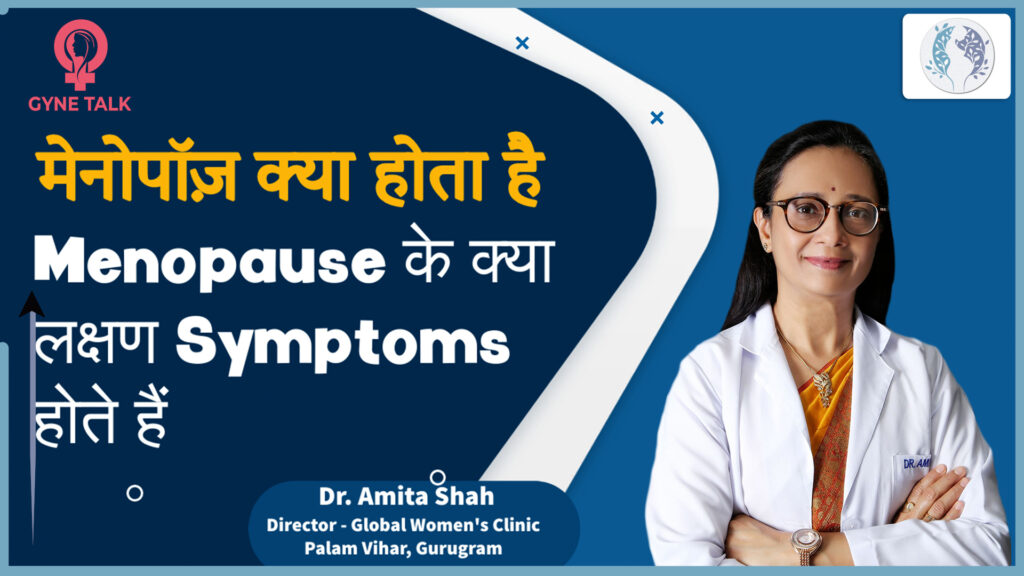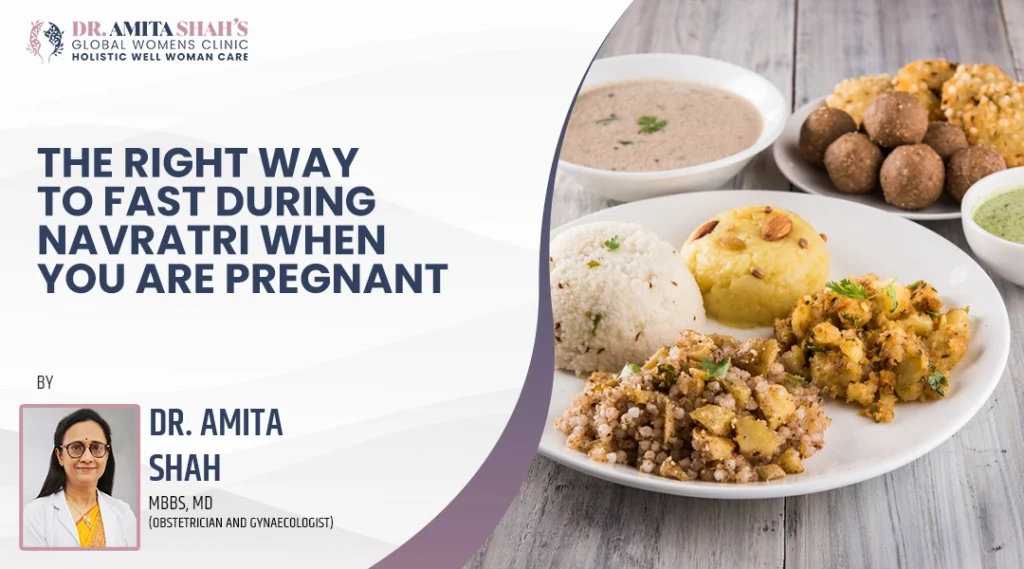Birth control pills, commonly referred to as contraceptive pills or contraceptive tablets, are a widely used method for women seeking contraception. These pills, containing hormones—estrogen and progestin, effectively regulate ovarian functions by inhibiting egg formation. While numerous types of contraceptive oral pills are available, it’s crucial to consult with a doctor to find the most suitable option.
Contraceptive Myths: Unravelling the Truth
Despite the effectiveness of oral contraceptives, various myths surround them. Let’s delve into these myths and present the corresponding facts:
Myth 1: You gain weight when you take birth control pills
Fact:
The prevailing concern about weight gain associated with contraceptive pills is largely unfounded. Women’s responses to these pills vary, and in most cases, weight gain is not solely attributable to the medication.

Myth 2: When you take contraceptives, fertility is affected
Fact:
Some believe that prolonged use of contraceptive pills hinders fertility upon cessation. In reality, fertility may experience a temporary delay, but there is no permanent harm. Resumption of ovulation typically occurs within three to six months after discontinuing the pills.

Myth 3: It is good to take a break from the birth control pills once in a while
Fact:
Contrary to popular belief, there is no medical validity in taking breaks from contraceptive pills. Extended use is generally safe under medical supervision, and a short break does not significantly impact the overall effectiveness.
Myth 4: Breast cancer is caused by birth control pills
Fact:
Concerns about a heightened breast cancer risk due to contraceptive pills have some validity, according to studies by the American Cancer Society. However, this risk is only present during active pill usage and diminishes in women who ceased consumption more than a decade ago.

Myth 5: Safety and Birth defects
Fact:
Dispelling a common misconception, taking contraceptive pills does not lead to birth defects. Even accidental consumption during pregnancy has not been linked to such outcomes.
Myth 6: Birth control methods also protect against sexually transmitted diseases (STDs)
Fact:
It’s crucial to understand that birth control pills do not provide STD protection. For STD prevention, barrier methods such as condoms are necessary.

Myth 7: There are chances of being pregnant if you have sex during your periods
Fact:
This assertion is untrue. The likelihood of pregnancy during menstruation is minimal as ovulation does not occur at this time.

Myth 8: Withdrawal method can prevent pregnancy
Fact:
While withdrawal can be used as a form of contraception, its efficacy is around 75%. This means one in four women may become pregnant if relying solely on this method.

Myth 9: Washing the vagina after intercourse prevents pregnancy
Fact:
The belief that douching after intercourse can prevent pregnancy is a misconception. Douching does not provide effective contraception or protect against infection.

Myth 10: Breastfeeding And Pregnancy Prevention
Fact:
Contrary to popular belief, breastfeeding might temporarily halt ovulation, but it’s not a foolproof birth control method. Unpredictable periods during this time can increase the risk of pregnancy.

In conclusion, understanding the realities of contraceptive methods is crucial for making informed decisions about reproductive health. Always consult with healthcare professionals, such as Dr. Amita Shah, for personalized advice on contraception and family planning.
































